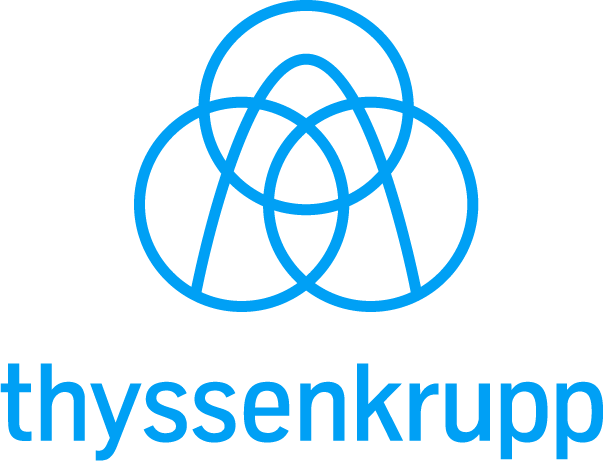Health Savings Account (HSA)
Paired with the medical Savings Plan, the HSA a way to pay for eligible medical expenses now or save for medical expenses in the future. Get reimbursed for out-of-pocket expenses not covered by any medical, prescription, dental, or vision plan. Examples may include deductibles, copays, contact lenses, hearing aids, and orthodontia. For a complete list of eligible expenses, go to HealthEquity.
The HSA offers you:
- Flexibility — you decide each year how much money you want to save, and deposits through payroll deductions are made to your HSA account
- Growth — your HSA account can grow over time; unused funds roll over year after year
- Portability — the money in your account is yours to keep; when you leave the company, you take your account with you
You also save with the triple tax advantage:
- Money going in is tax-free.
- Money you use is tax-free (for IRS qualified health expenses — including dental and vision).
- Any investment earnings are tax-free.
The account is only available to you if you elect the Savings Plan as your medical insurance.
HSA Administrator:
HeathEquity
HealthEquity is one of the largest administrators of Health Savings Accounts in the country. With over 14 million members, open your account online, pay bills, or invest your tax free contributions easily and with confidence. You will be issued a debit card to access your funds right away.
HSA vs FSA
There are a few medical accounts, and sometimes they are confused. The Flexible Spending Account (FSA) has been around for awhile, and while it also allows tax savings for medical expenses, it is limited as the balance is only available for the current year and expires on the last day of the year, even if you haven’t spent the whole balance. However, you don’t have to be enrolled in a specific plan to have it.
People who have an HSA can also have an FSA, but they can’t use it for any medical expenses, just eligible dental and vision expenses. Because it cannot be used for medical expenses, it is called a Limited Purpose Healthcare FSA, and this is an important difference when compared to a regular Health FSA.
If you are thinking about the FSA as an option, here are the key differences with the HSA:
| FEATURE | HSA | FSA |
|---|---|---|
| Save money to pay for eligible health care expenses | ||
| You decide if you want to contribute and how much; deductions are made from your paycheck | ||
| All employees are eligible | ||
| You must be in a high deductible health plan to participate | ||
| Pre-tax contribution | ||
| Unused funds roll over from year to year | ||
| Investment options with tax-free earnings | ||
| Tax-free withdrawal (for qualified expenses) | ||
| Portable — take your account with you if you leave the company | ||
| Use it or lose it at the end of each calendar year |
Resources
tkNA Benefit Guide
Detailed plan comparisons, premium information, and additional features. Password required — see your manager for more information.
HealthEquity App
Manage your account directly from your phone.
